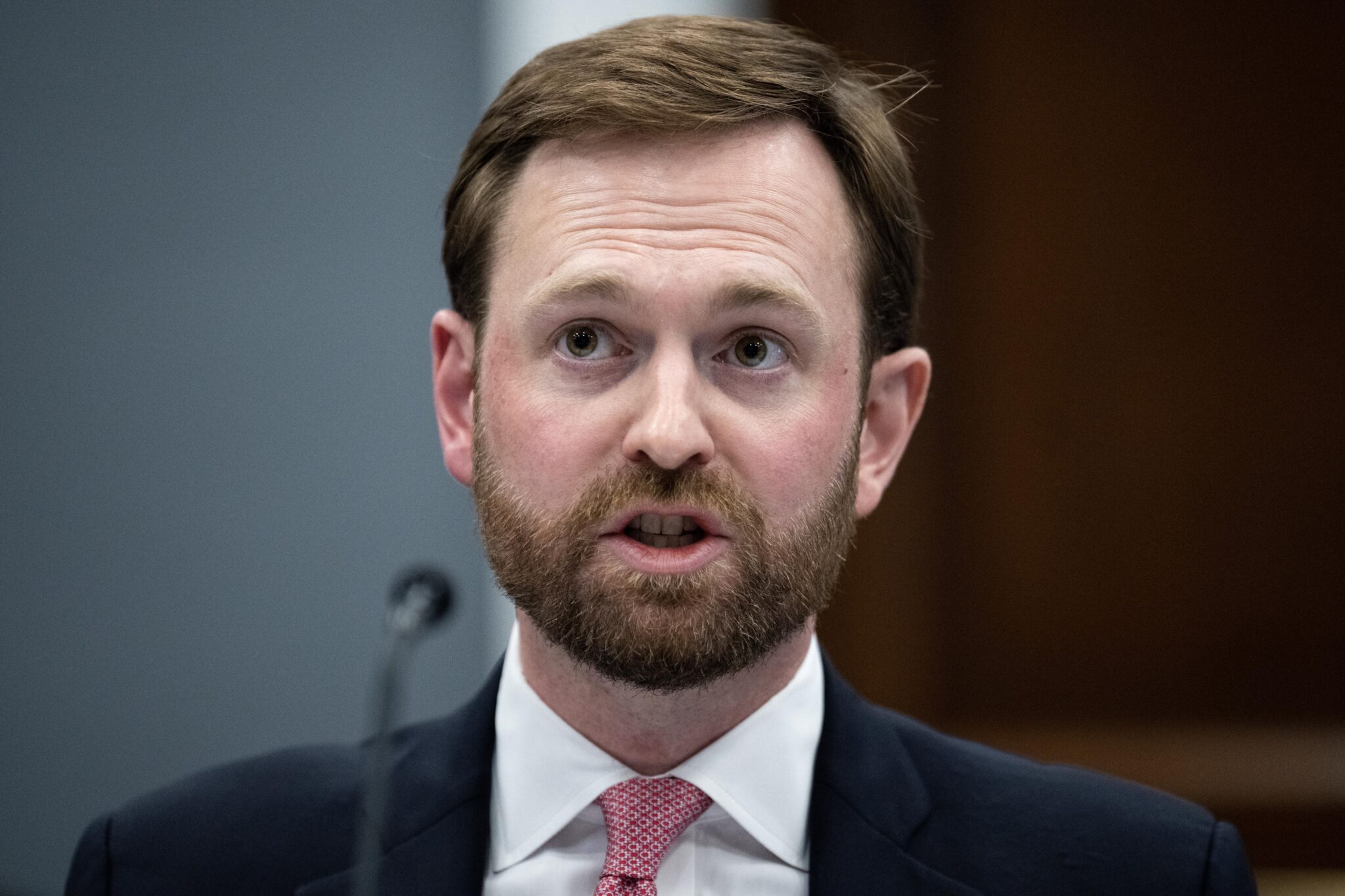
FTC chair alleged “serious risk” from ad boycotts
After Musk’s purchase of Twitter, the social network lost advertisers for various reasons, including changes to content moderation and an incident in which Musk posted a favorable response to an antisemitic tweet and then told concerned advertisers to “go fuck yourself.”
FTC Chairman Andrew Ferguson said at a conference in April that “the risk of an advertiser boycott is a pretty serious risk to the free exchange of ideas.”
“If advertisers get into a back room and agree, ‘We aren’t going to put our stuff next to this guy or woman or his or her ideas,’ that is a form of concerted refusal to deal,” Ferguson said. “The antitrust laws condemn concerted refusals to deal. Now, of course, because of the First Amendment, we don’t have a categorical antitrust prohibition on boycotts. When a boycott ceases to be economic for purposes of the antitrust laws and becomes purely First Amendment activity, the courts have not been super clear—[it’s] sort of a ‘we know it when we see it’ type of thing.”
We contacted the FTC about the merger review today and will update this article if it provides any comment.
X’s ad lawsuit
X’s lawsuit targets a World Federation of Advertisers initiative called the Global Alliance for Responsible Media (GARM), a now-defunct program that Omnicom and Interpublic participated in. X itself was part of the GARM initiative, which shut down after X filed the lawsuit. X alleged that the defendants conspired “to collectively withhold billions of dollars in advertising revenue.”
The World Federation of Advertisers said in a court filing last month that GARM was founded “to bring clarity and transparency to disparate definitions and understandings in advertising and brand safety in the context of social media. For example, certain advertisers did not want platforms to advertise their brands alongside content that could negatively impact their brands.”















Leave a Reply